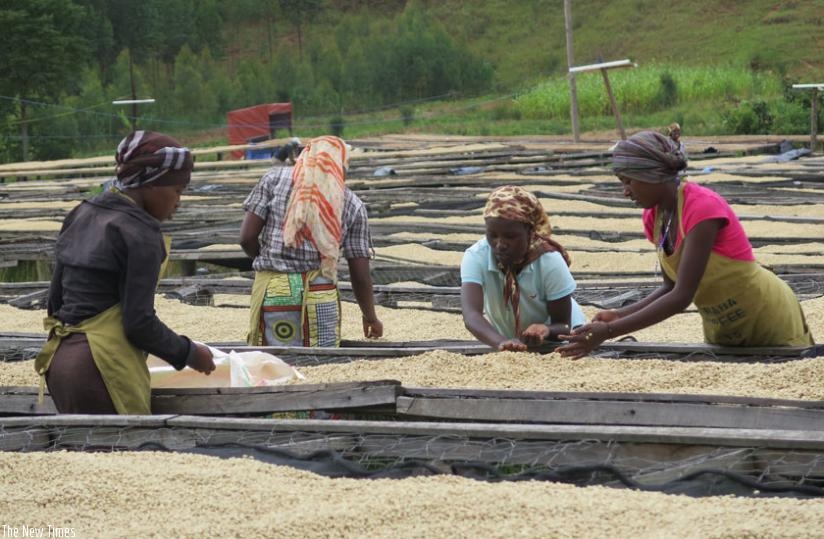Editor, RE: “Rwanda’s export challenge” (The New Times, March 9).


Editor,
RE: "Rwanda’s export challenge” (The New Times, March 9).
Whatever way you choose to look at it, it cannot be other than a disaster in the making that we consume so much from outside than we are able to fund through our own sales beyond our borders. This is simply not sustainable. And don’t let us compare the potential dangers of our deficit to that of the US.
We are in a totally different category, not least because of the size, depth and high diversification of the US economy and the ownership of the world’s dominant reserve currency, the US dollar, compared to our tiny, mostly subsistence level agrarian economy.
Yes, if left unaddressed, the US twin trade and budgetary deficits may eventually prove dangerous to America’s own future economic prospects and geopolitical dominance, but as a proportion of the size of that country’s total economy, these remain relatively modest and easily manageable.
The US can continue to print more dollars to finance itself, secure in the knowledge that it can—at least for some time—export the resulting inflation across the world.
We have none of these advantages and must be nimbler in husbanding and managing our very limited resources in ways that reduce our exposure to unsustainable trade deficits, either by increasing our exports or reducing our imports or a combination of both, in ways that do not hit consumers and reduce rather than enhance our standards of life.
Preferably, this can best be achieved by stepping up efforts to encourage greater investment in the local production of the consumer staples that contribute most to our current trade deficit.
Government has done its bit to ensure there is a conducive environment for such investments by both locals and foreign investors, either alone or through joint ventures.
Such an increase in local production capacity would also come with the added bonus of expanding employment opportunities and increasing effective consumption capacity, leading to a virtuous cycle of lowering our deficits and improving our foreign reserve situation, raising employment and economic growth and reducing poverty.
What are our business community waiting for to do their own part?
Mwene Kalinda


